
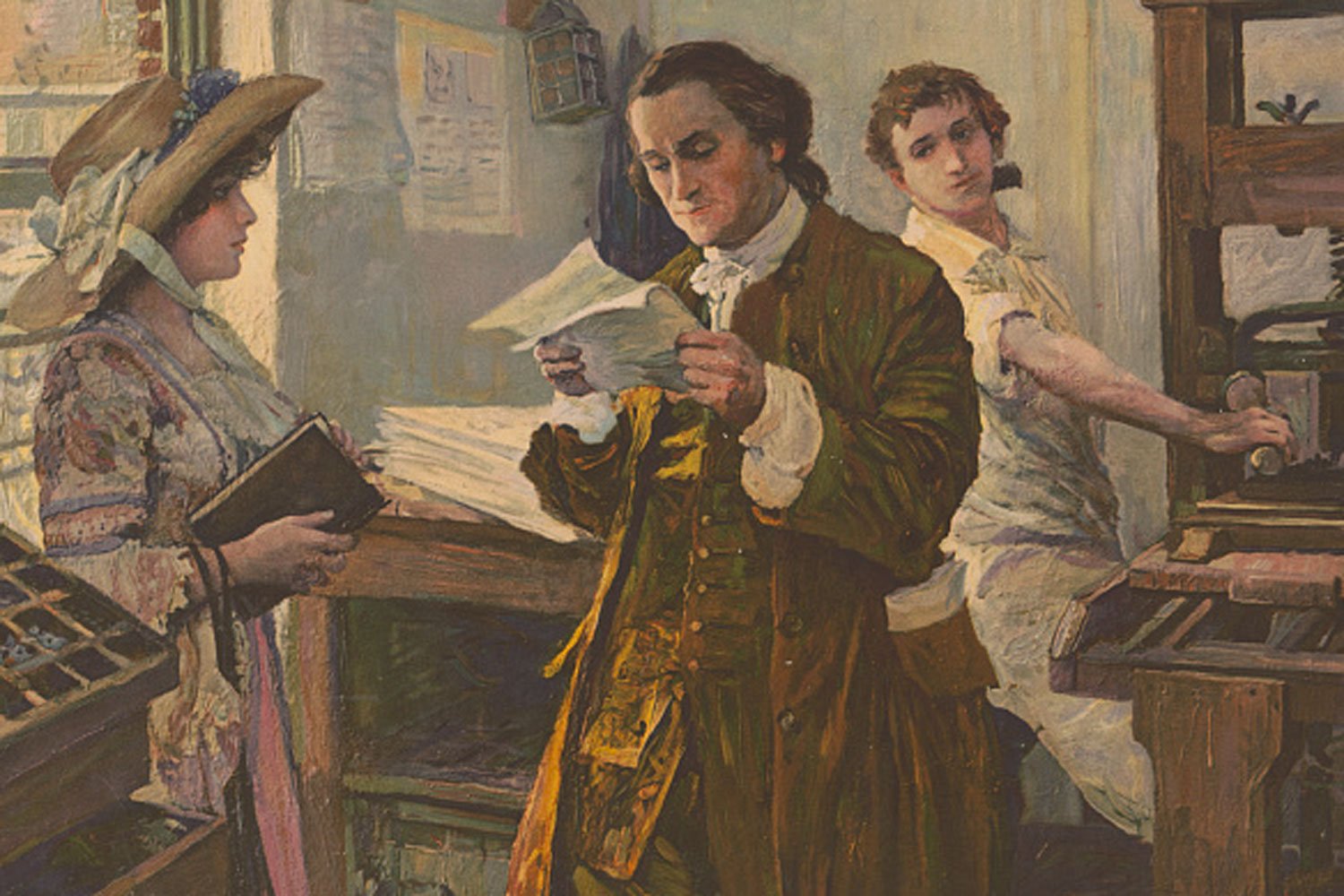
Ben Franklin, British America’s Most Successful Printer
Benjamin Franklin was the most successful printer in British America, owning or controlling most of the newspapers in the colonies by 1753. He got his first taste of the printing business in 1718 at the age of twelve while working at The New England Courant in Boston, a newspaper owned by his older brother James.
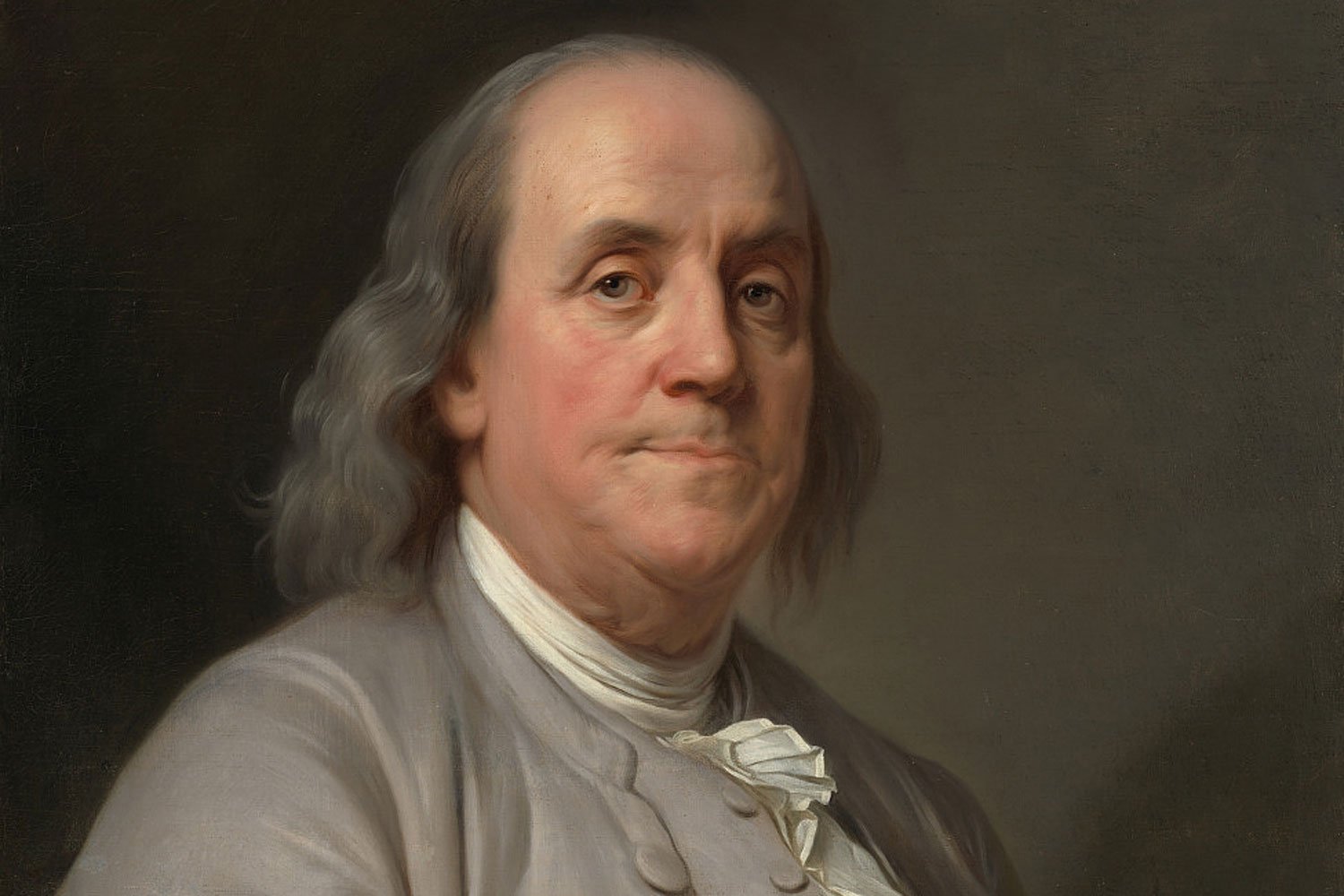
Ben Franklin: An Extraordinary Man from Humble Beginnings
Benjamin Franklin was one of the most gifted and intriguing men in American history. His incredible rise from humble beginnings to one of the most famous men in the world is an inspirational story. It all began in Boston on January 17, 1706, when Franklin was born to Josiah and Abiah Franklin.
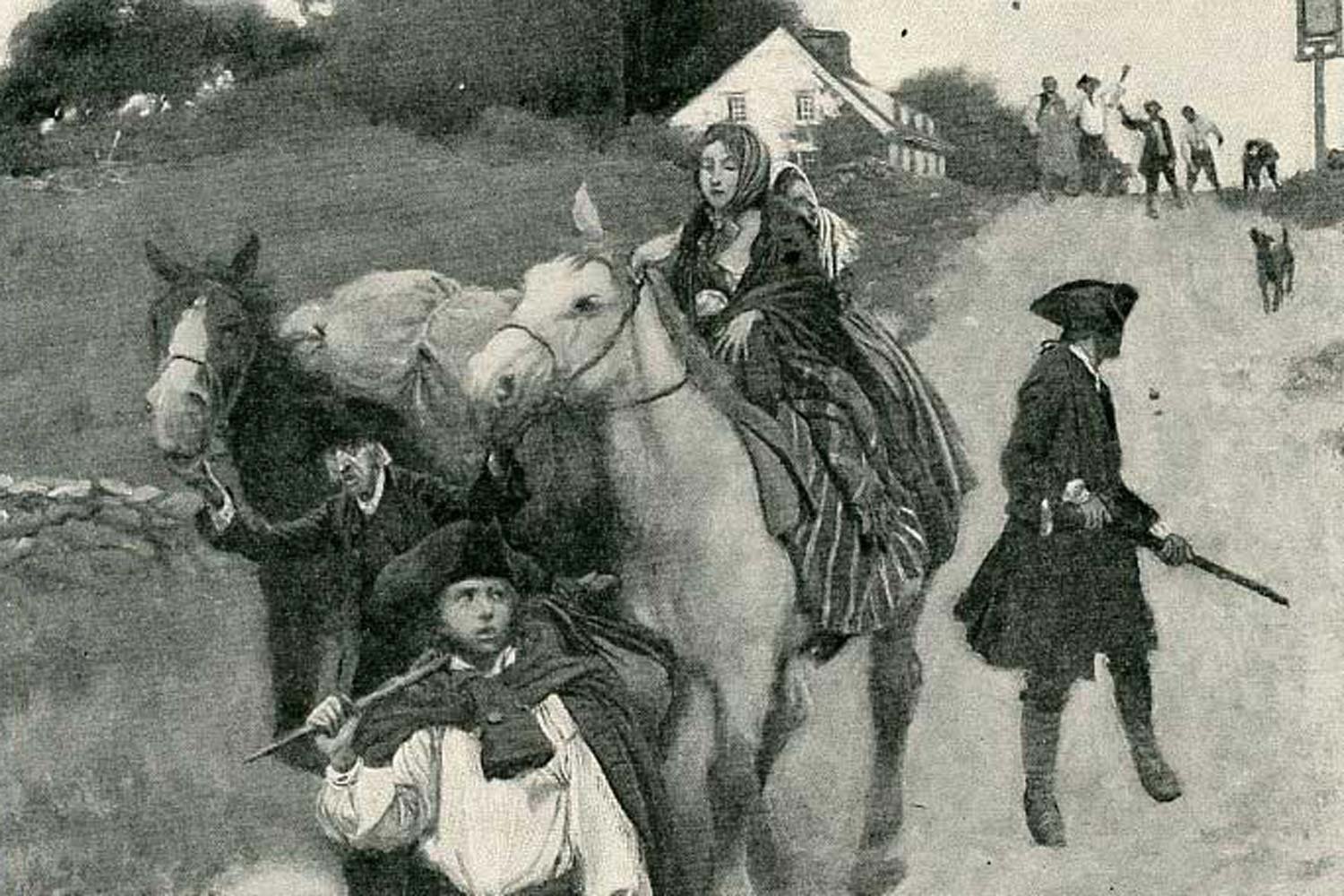
Loyalists, King George and the American Revolution
The American Revolution was not viewed the same by all Americans. Roughly one in four Americans, those we call Loyalists or Tories, did not want to separate from England. They represented a significant portion of the American population, and many of them were prominent citizens. Importantly, they had worked as hard to create America and believed as much in the righteous of their cause as any Patriot.
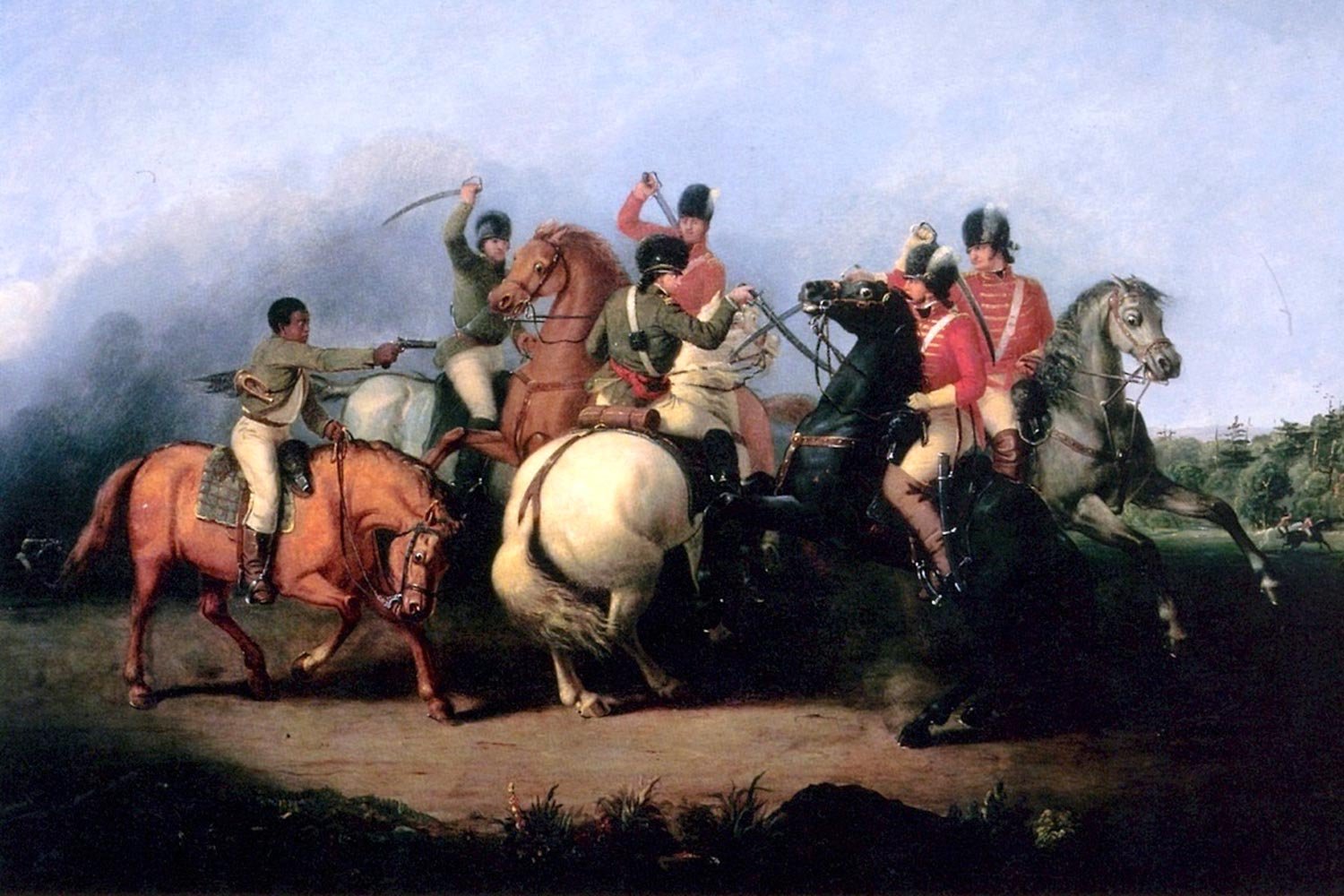
Patriots, Loyalists and America’s First Civil War
With the Battles of Lexington and Concord in 1775, the actual fighting of the American Revolution was underway. As it turned out, this open warfare was not reserved just for the new Continental Army formed around Boston and the British Army trapped in the city. It soon spilled over into a fight between neighbors.
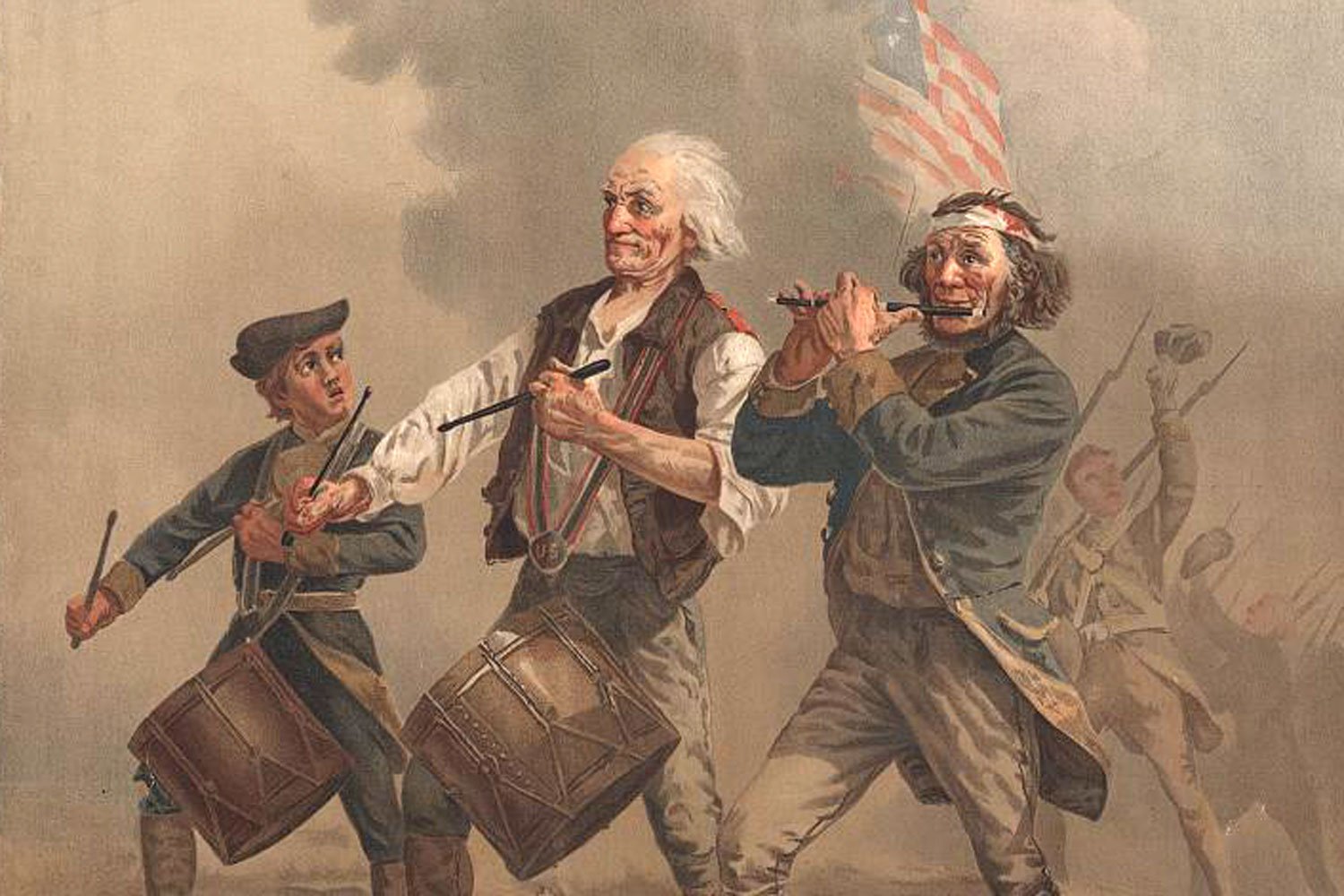
Americans Divide Over Independence
According to the Merriam-Webster dictionary, a civil war is a war between opposing groups of citizens of the same state or country. By this definition or any objective measure, our nation experienced a civil war from about 1773 to 1783. It was much worse in its intensity and cost than anything from the Civil War, including Sherman’s infamous March to the Sea.
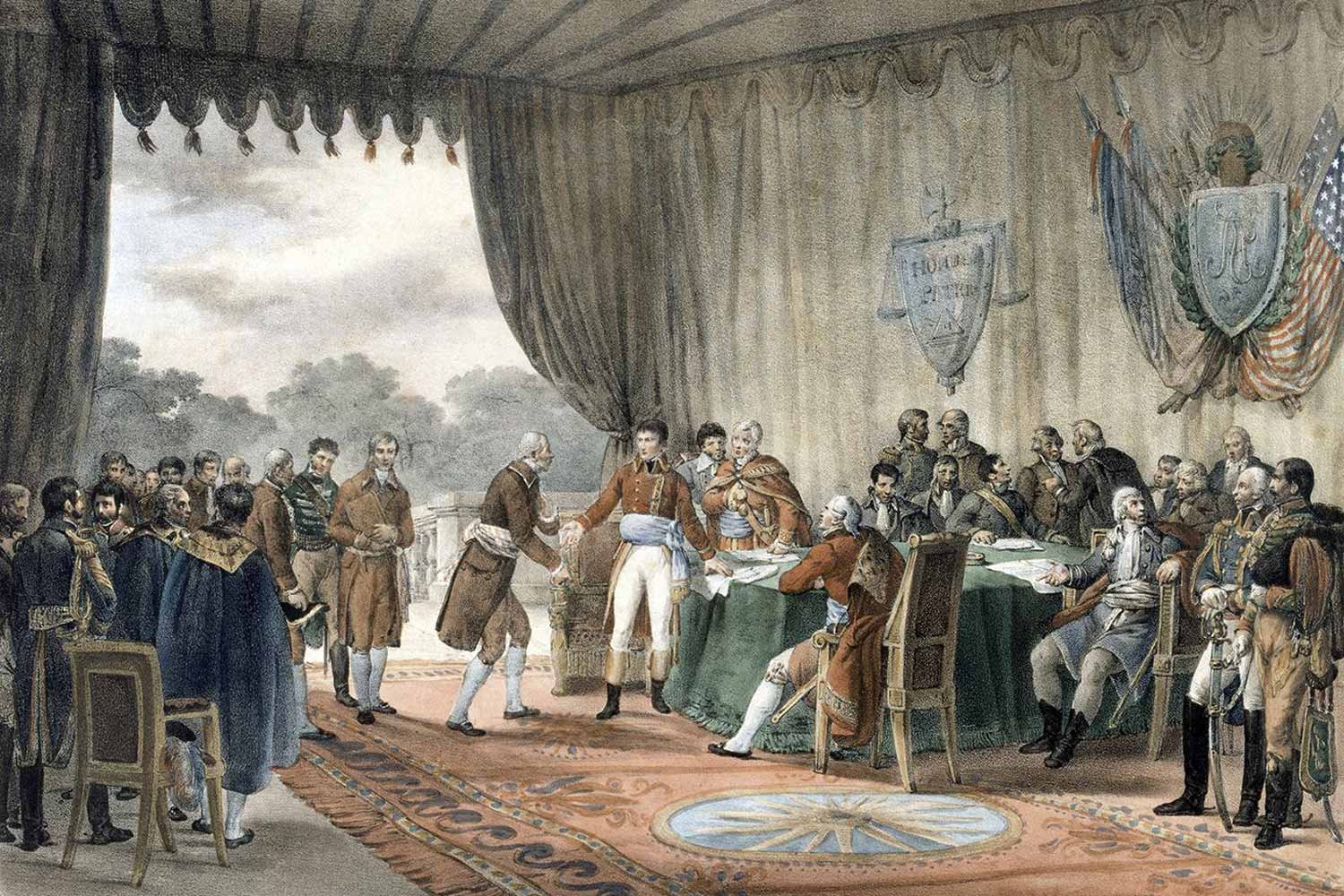
The Quasi-War and Its Aftermath
The only fighting in the Quasi-War occurred at sea, and mostly in the Caribbean. But with war at a fever pitch and French interests so close by in Louisiana, there was a very real concern in Congress about a possible French invasion of the United States from the west.
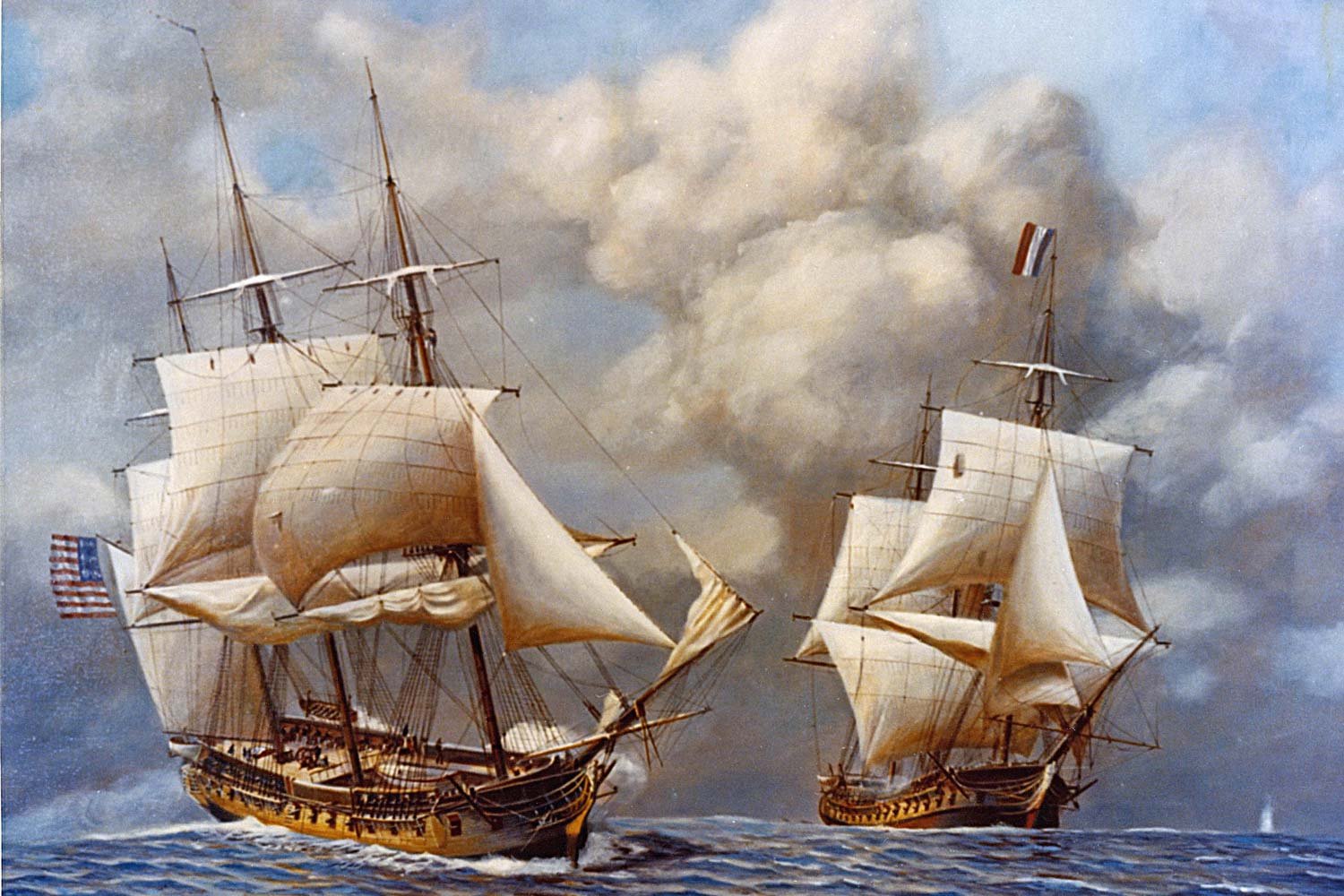
Escalating Tensions with France Lead to Quasi-War
The Quasi-War was an undeclared war between France and the United States, largely fought at sea in the Caribbean and along the southern coast of America, between 1798 and 1800. It developed because of a series of related events that soured the formerly strong relationship between the two nations.
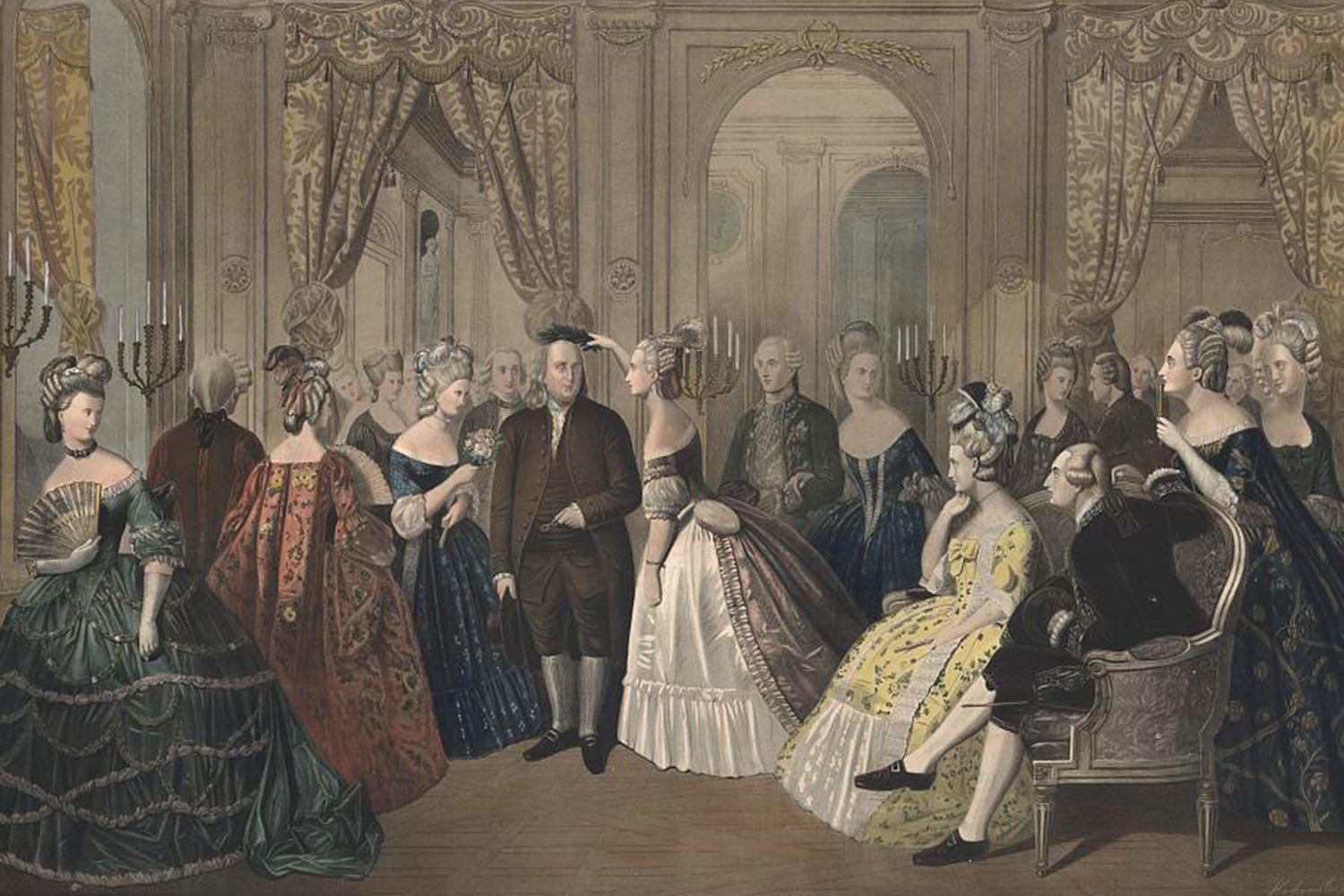
Relations Between America and France Fall Apart
America’s first armed conflict with a foreign nation following our Revolution was not the War of 1812, but rather a mostly forgotten fight called the Quasi-War. Although little known today, in its time it made a significant impact on the course of American history, affecting trade, the creation of our Navy, and a presidential election.
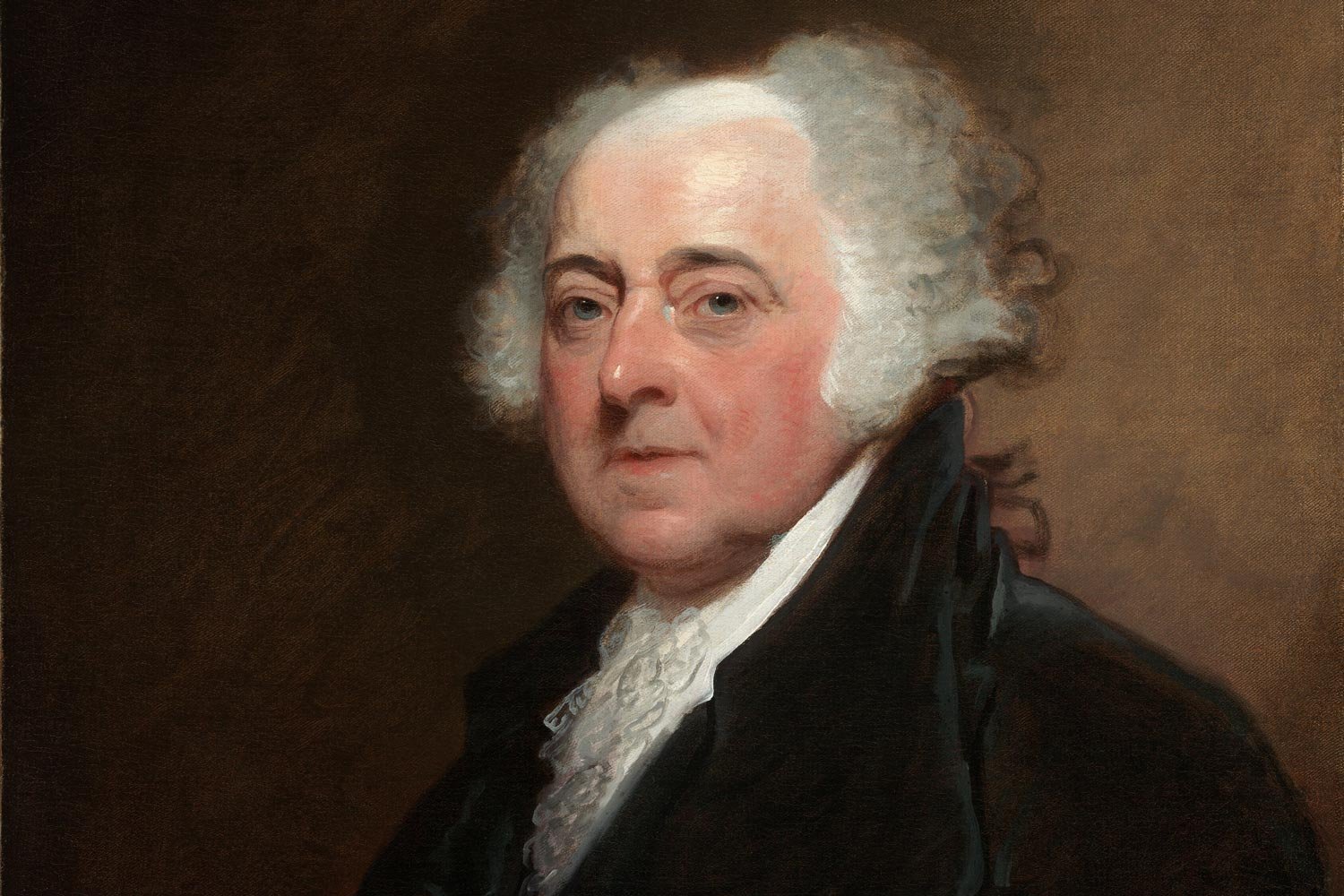
The Inspiring Legacy of John Adams
John Adams lost the Presidential election of 1800 to Thomas Jefferson after a bitter fight. Adams was terribly disappointed as felt he deserved another term, but he accepted the verdict of the Electoral College.
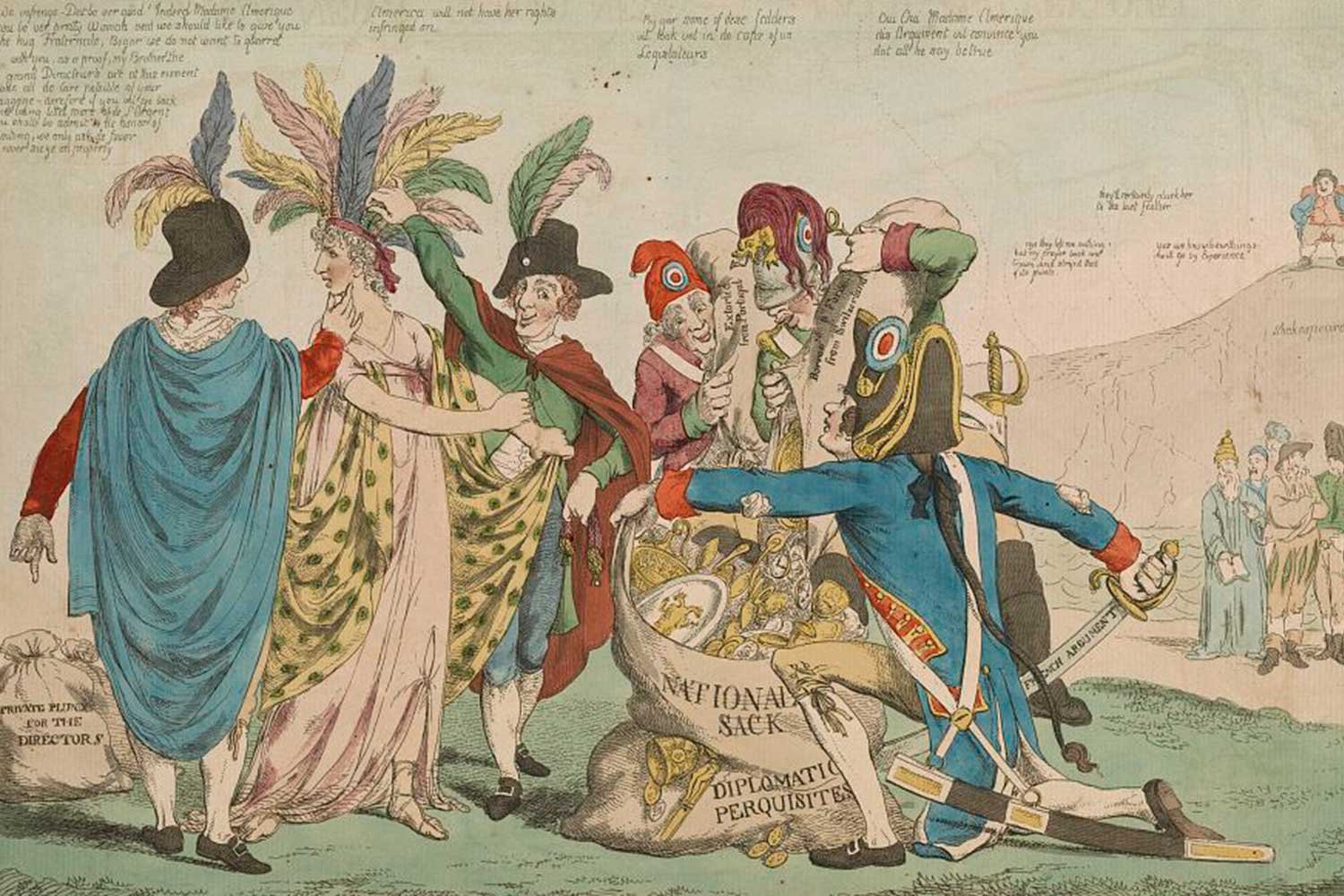
The Presidency of John Adams
To avoid a war with France, in 1797, President John Adams sent a diplomatic delegation to Paris to calm rising tensions. When our team arrived in France in October 1797, they were approached by three French officials whose code-names were X, Y, and Z. These Frenchmen demanded large bribes from the Americans for themselves and other French officials before negotiations could start.
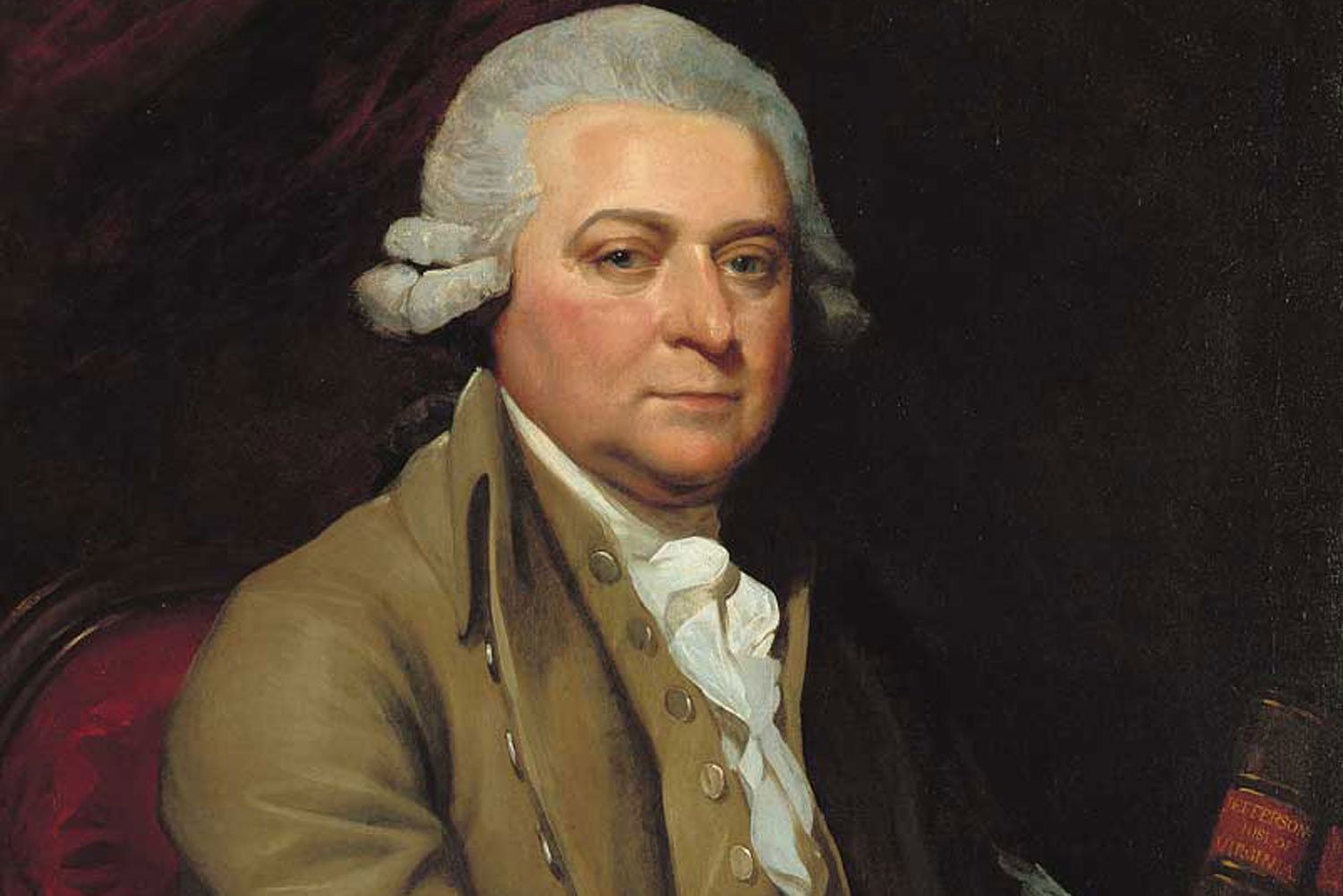
John Adams and the Presidential Election of 1796
After eight years as Vice President under George Washington, John Adams hoped to succeed the Father of our Country as President of the United States. His successful election in 1796 gave him his chance.
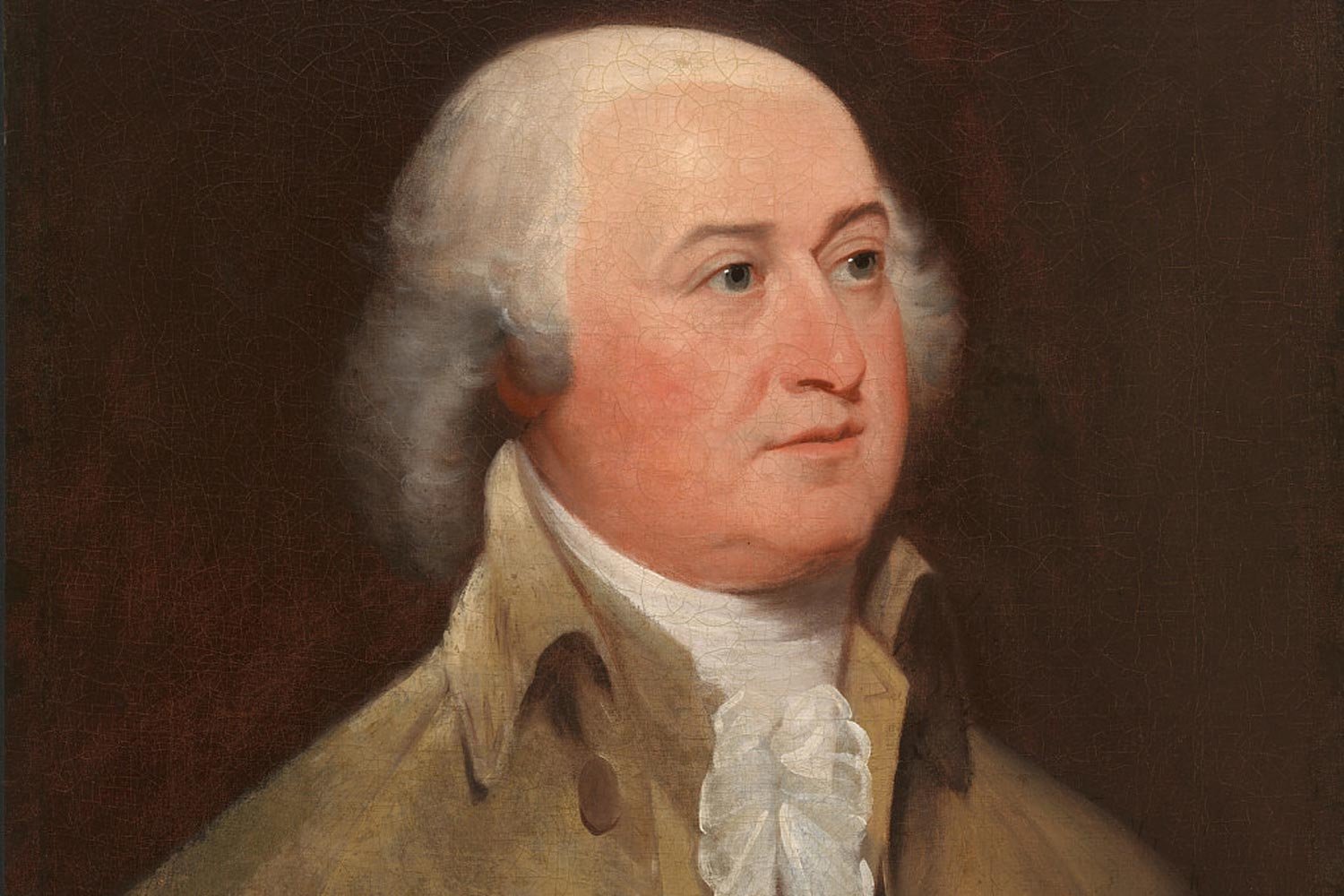
John Adams, Our First Vice President
John Adams was our nation’s first Vice President and helped shape the responsibilities of the office. Moreover, as the tie-breaking vote in the Senate, Vice President Adams was instrumental in passing several key pieces of legislation and establishing important precedents.




